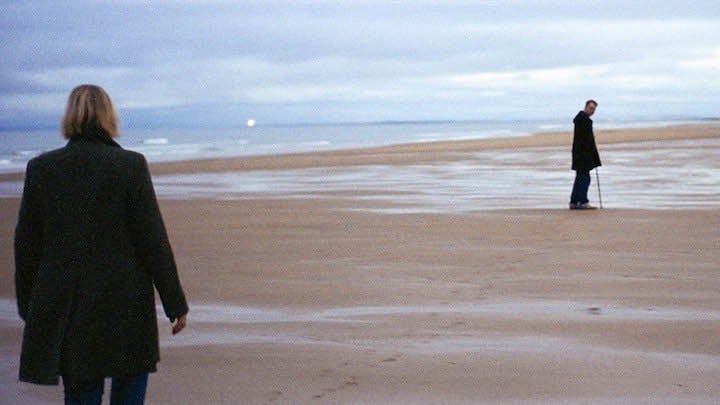‘The Possibilities Are Endless’ (Pulse Films)
When I first did this list for Nonfics last year, it was headlined “10 Best Music Documentaries of the Year According to the Guy Who Sees Them All.” It may be headlined the same this year, for all I know; I’m not the editor around here. I was flattered at being granted such an aura of expertise, but in the in…
Keep reading with a 7-day free trial
Subscribe to Nonfics to keep reading this post and get 7 days of free access to the full post archives.



